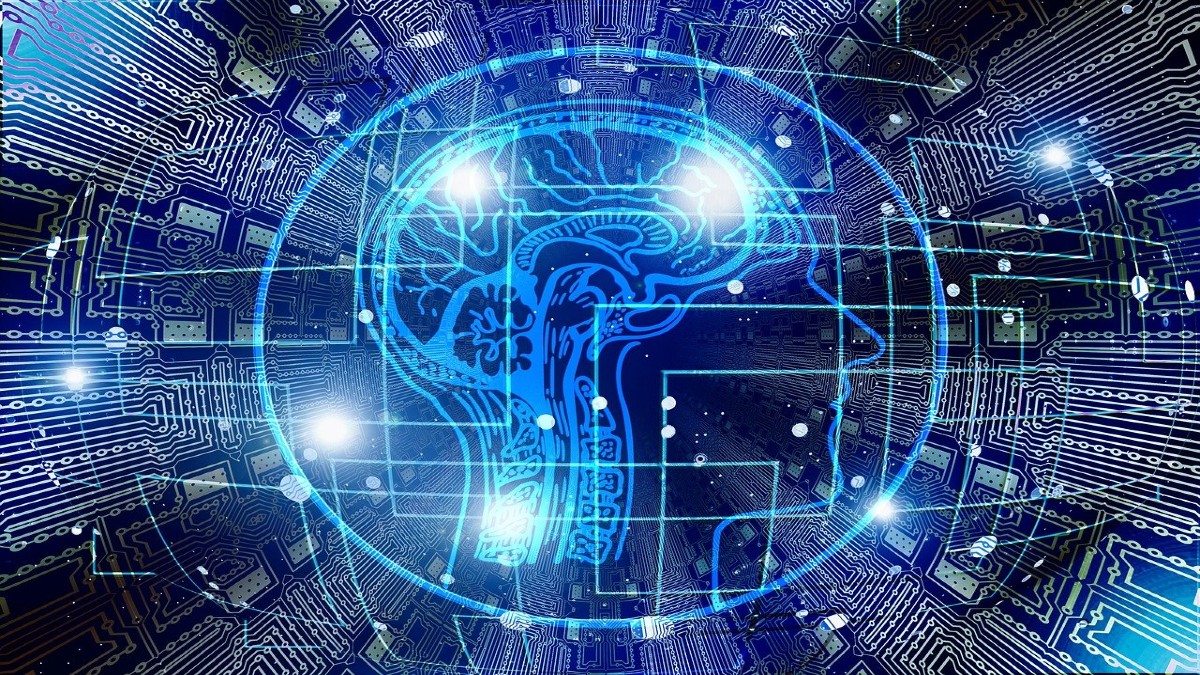Latin America. Efficient building management involves monitoring and controlling various systems, such as lighting, air conditioning, security, and energy consumption. Traditionally, these systems have been managed manually, which can lead to inefficiencies and wasted resources. This is where artificial intelligence comes into play, leveraging advanced algorithms and data analytics to make smart decisions and automate processes in real time.
It is worth noting that as evidenced by various studies, artificial intelligence (AI) has revolutionized many industries, and building management is no exception. With the growing interest in energy efficiency and sustainability, AI has become a powerful tool for optimizing the operation and maintenance of buildings.
This then gives input to talk a little about optimizing energy consumption, where AI can help reduce the energy consumption of buildings by analyzing usage patterns, weather conditions and other factors to automatically adjust lighting and climate control. According to various sources, "AI systems can learn from historical patterns and optimize the configuration in real time, achieving a balance between occupant comfort and energy efficiency."
On the side of building maintenance management, the tool is functional to predict failures and problems before they occur. By analyzing data from sensors and monitoring systems, AI algorithms can identify anomalous patterns and issue early warnings about potential breakdowns.
According to academics Diego Rodríguez-Gracia, María de las Mercedes Capobianco-Uriarte, Eduardo Terán-Yépez and José A. Piedra-Fernández in their research "Review of artificial intelligence techniques in green/intelligent buildings", they argue that: "The numerous benefits offered by green and/or intelligent buildings have led to an increase in their construction. In parallel, various artificial intelligence (AI) techniques have been recognized as relevant for this type of buildings to rationalize, optimize and innovate their operation."
"Merging green and smart buildings with AI techniques has remarkable potential to ensure greater structural stability and minimize negative ecological impacts on the environment and society. Although there is research on the application of AI in green and smart buildings, our understanding of the usefulness and benefits of its integration remains fragmented. To address this gap, this research aims to examine the relevance and benefits of the convergence of AI techniques in green and smart buildings."
In contrast, the author of " A review of AI-based building energy use prediction: contrasting the capabilities of individual and ensemble prediction models", Zeyu Wang, states: "Building energy use prediction plays an important role in building energy management and conservation, as it can help us assess the energy efficiency of buildings, carry out building commissioning and detect and diagnose faults in the building system. Building energy prediction can be broadly classified into engineering, artificial intelligence (AI)-based, and hybrid approaches. While engineering and hybrid approaches use thermodynamic equations to estimate energy use, the AI-based approach uses historical data to predict future energy use under constraints."
The application of artificial intelligence in building management offers numerous benefits, from reducing energy consumption and maintenance costs to improving safety and optimizing spaces. As technology continues to advance, we are likely to see more widespread adoption of AI in building management, which will contribute to the construction of more efficient and sustainable environments.



























Leave your comment